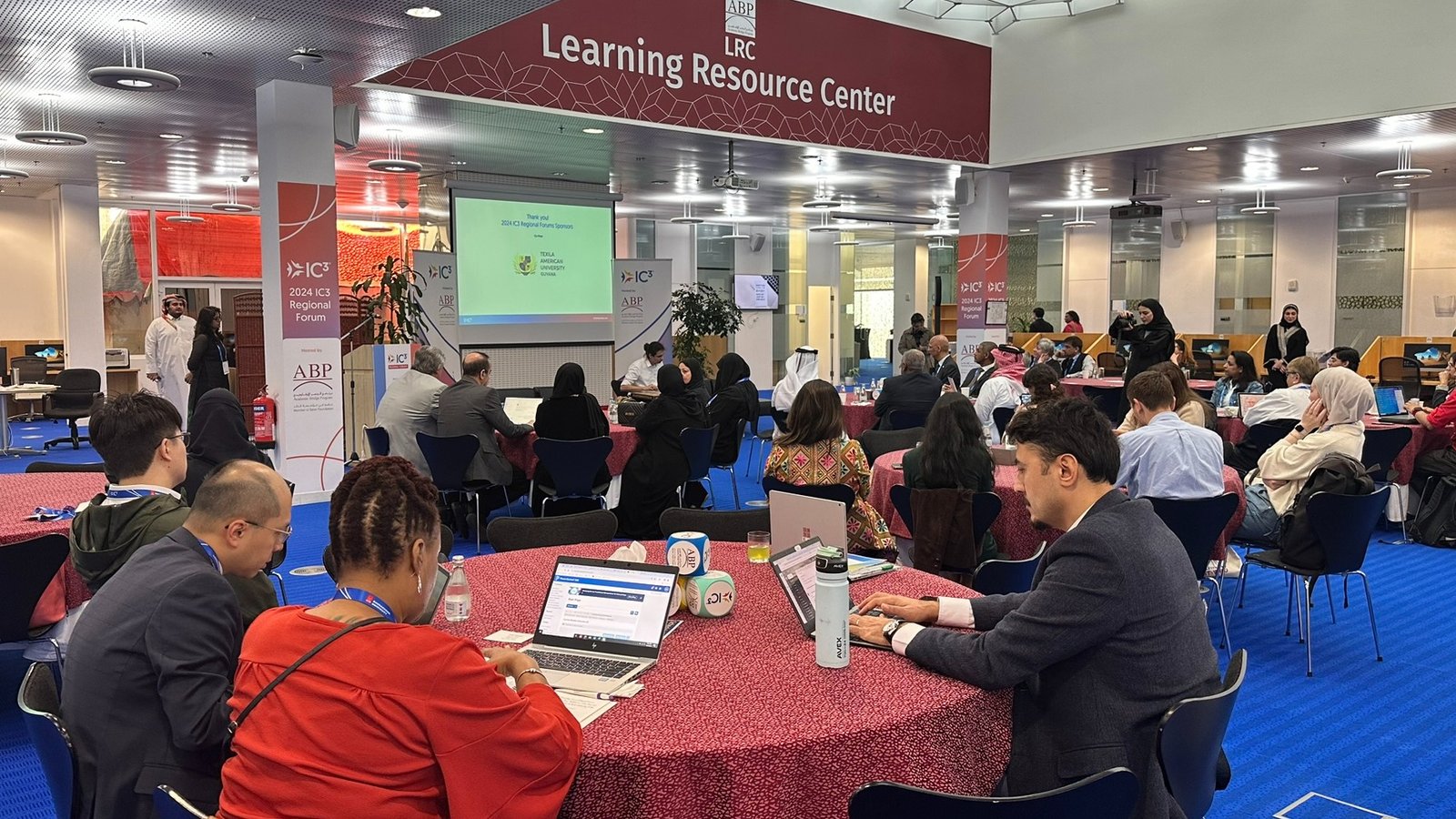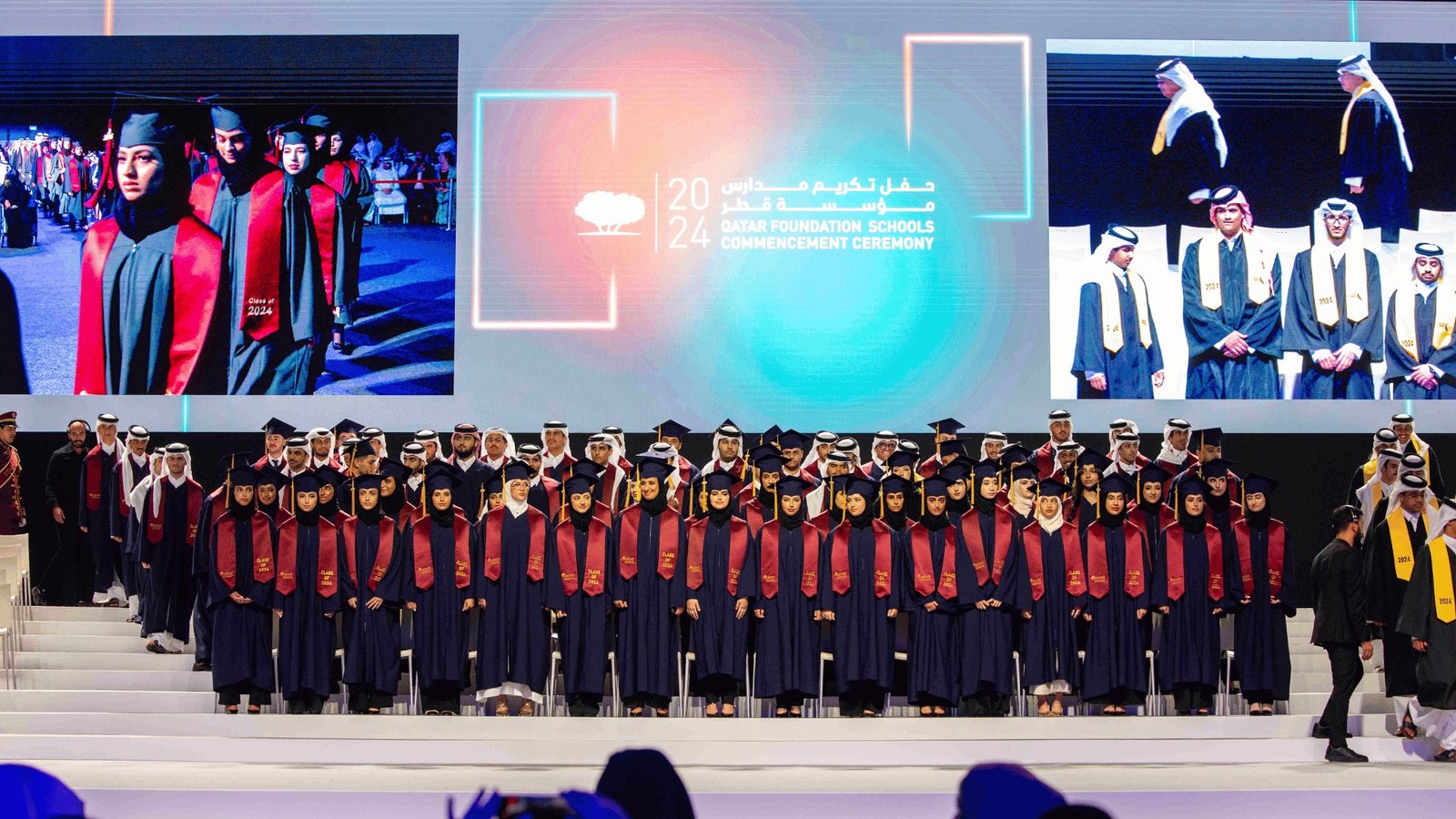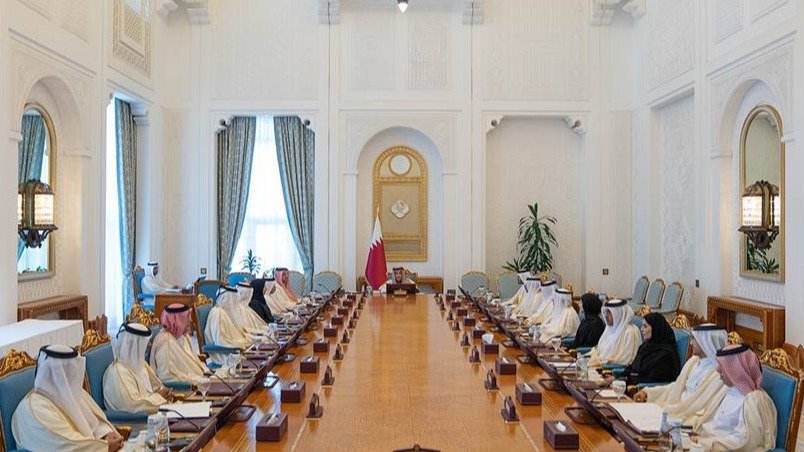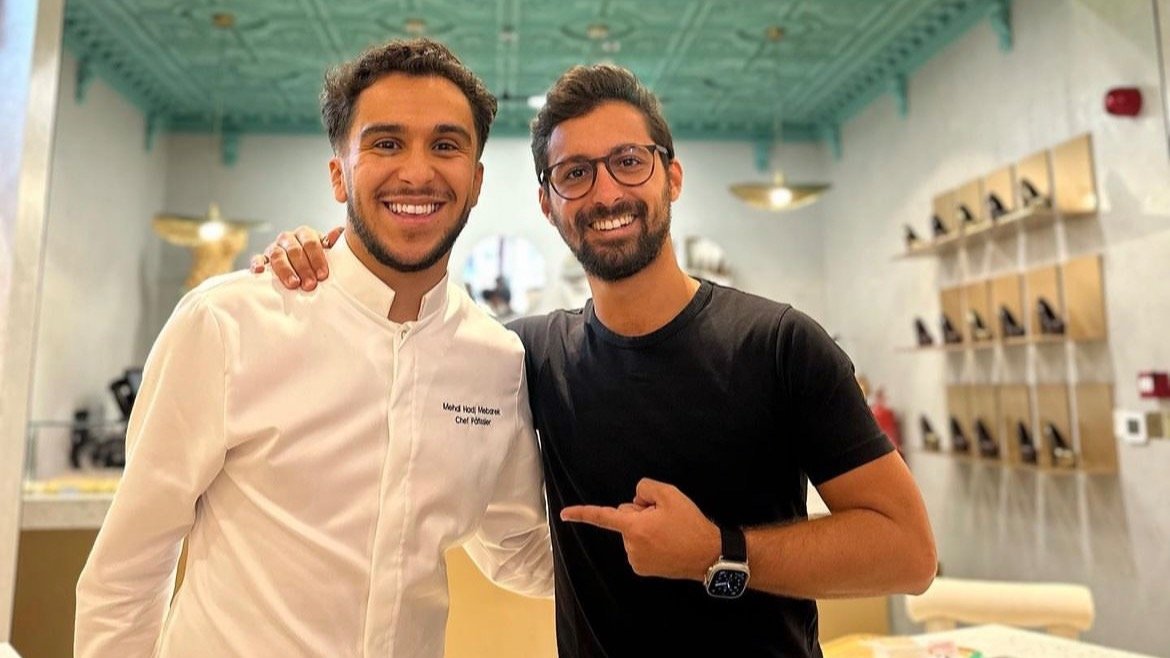Launch of Al Jazeera 360 platform
Al Jazeera Media Network will launch its new digital platform “Al Jazeera 360...
Sep 14, 2024
IC3 forum allows education counselors to share insights that can help improve students’ future prospects
Maribel Saad, Feb 22, 2024

Consultants and experts specializing in pre-university education gathered at Qatar Foundation for an international forum designed to support educators in guiding young people as they make the step from high school into university life and seek out opportunities for knowledge.
The Academic Bridge Program (ABP), Qatar Foundation’s (QF’s) pre-university program for high school graduates, hosted the International Career and College Counseling (IC3) Regional Forum Doha, the focus of which was to enhance and develop effective learning strategies for those in the field of education whose work focuses on vocational and university counseling.
“We are privileged to host educational professionals and leaders who are dedicated to shaping the future of education in our region,” said Dr. Saheim K. Al Temimi, Director of ABP. “At ABP, we recognize the importance of equipping our students not only with academic prowess but also with the skills, resilience, and adaptability necessary to thrive in a dynamic global landscape.”
Dr. Al Temimi explained that ABP's commitment to excellence extends beyond the program’s physical spaces, as it supports local schools and universities and fosters partnerships that contribute to the regional educational ecosystem.
“Through various initiatives and programs, ABP actively contributes to the development of a skilled and knowledgeable workforce, and our collaborative efforts with local schools and universities aim to bridge gaps, enhance academic preparedness, and ultimately contribute to the success of students in their pursuit of higher education,” he said.
Francisco Marmolejo, President of Higher Education and Education Adviser at Qatar Foundation (QF), said: “The IC3 Forum provided a distinctive platform to gain insights and knowledge about best practices from counselors aiding students in their transition from high school to university,”
“It also served as an excellent chance to illustrate to delegates from over five countries the innovative environment at Qatar Foundation. This integrated environment includes offering students the ability to create a more tailored educational journey by selecting courses across various partner universities in Education City. Additionally, it presents numerous practical experience opportunities through the over 50 entities under Qatar Foundation's umbrella.”
Dr. Mohammad Al-Kuwari, Director of Student Life at Qatar Foundation, said: "This initiative marks a significant step forward in enriching guidance for school students and creates a valuable platform for counselors to collaborate and exchange vital insights.
"The effectiveness of counselors is rooted in their robust communication abilities and deep comprehension of the challenges students face. They are an essential resource for students, and their participation in such initiatives substantially improves our students' future prospects."
"On the critical path bridging pre-university and higher education, we act as an essential connector. The more we engage in this role, the greater our impact in positively shaping the lives of our students.”
Dr. Al-Kuwari explained that initiatives such as IC3 can open up “new horizons” for students, both within Qatar and globally, saying: “Mentors are crucial in this regard, as they assist students in identifying and pursuing future opportunities, providing guidance every step of the way.”
Ganesh Kohli, founder of the IC3 Movement, said: "Our initiative is fundamentally about enhancing the educational landscape.
"It's crucial for educators and counselors to continually evolve and learn. Many teachers hail from the 20th Century, and some of the materials they use are even from the 19th Century. This stark difference underscores the need for teachers to adapt and invest in their professional development.
“Ideally, a teacher should dedicate 70 percent of their time to student interaction and the remaining 30 percent to their professional growth. This balance is key to maximizing student benefits."

Al Jazeera Media Network will launch its new digital platform “Al Jazeera 360...
Sep 14, 2024

Radisson Blu Hotel, Doha is thrilled to announce the return of its highly ant...
Aug 21, 2024

Eid al-Adha, or the "Festival of Sacrifice," is one of the most significant c...
May 21, 2024

To Celebrate Eid Al Adha and Beat the Summer Heat
Jun 11, 2024

Waldorf Astoria Doha is delighted to officially announce the Grand Opening of...
Jun 11, 2024

Subscribe to our newsletter !
Sep 20, 2024

The ceremony honored 290 graduates from seven schools under Qatar Foundation’...
Jun 04, 2024

The MICHELIN Guide announced its arrival in Doha, Qatar for an upcoming 2025...
Jun 04, 2024

52nd Amir Cup Final Tickets: May 24, 2024, Education City Stadium.
May 20, 2024

Qatar Cabinet approved a proposal to allow children to enroll in kindergarten...
May 23, 2024

With Discover Qatar's shuttle bus service, arrive at the HIA and visit Doha’s...
May 22, 2024









